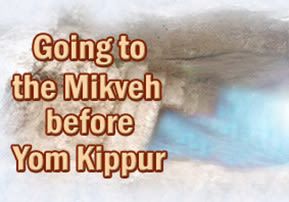
Going to the Mikvah before Yom Kippur
Yom Kippur, similar to a mikvah, should feel like pure, healing waters flowing over us, washing us completely clean…

Although immersion in a mikvah, a ritual bath before Yom Kippur is not mentioned specifically in the Torah, it is an ancient custom instituted by the prophets and continued universally to this day. It is mentioned in the Shulchan Orech, the basic code of law for all Jews. It is customary for not only men and women to immerse, but even boys and girls under the age of Bar and Bat Mitzvah [editor’s note: many rabbis forbid unmarried girls and women from immersing before Yom Kippur].
In general, immersion in a mikvah represents purity, rebirth, and returning to a more pristine state, all of whose themes are included in Yom Kippur. Going to the mikvah, dressing in white, not eating, and praying virtually the entire day raises us to a much higher level of purity and spirituality. Immersing in the mikvah is a very tangible return to the womb experience. This idea connects us to the deeper meaning of the Hebrew word for repentance (teshuvah), which also means to return, in this case to our pure Divine essence and to a deeper relationship with God.
The root of the word mikvea means “hope.” Although Yom Kippur is certainly a serious and awesome day, the Mishnah says it was one of the most joyous days of the year. After ten days of intense prayer, meditation and introspection, each person is full of hope in anticipating the joy of God’s forgiveness and atonement. One of the worst feelings in the world is to feel you blew it and there is no way to fix things up. Yom Kippur, similar to a mikvah, should feel like pure, healing waters flowing over us, washing us completely clean. In fact, the prayers of Yom Kippur mention repeatedly the image of pure waters. Going to the mikvah prior to Yom Kippur helps prepare us physically and psychologically for the experience to follow.
* * *
Rabbi Avraham Arieh Trugman is director of Ohr Chadash and author of Seeds and Sparks: Inspiration and Self- Expression through the Cycles of Jewish Life; The Mystical Power of Music, and The Mystical Meaning of Dreams. To read more of Rabbi Trugman’s works, click http://www.thetrugmans.com



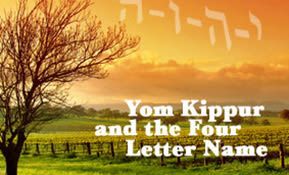
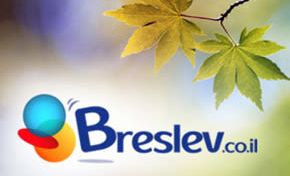
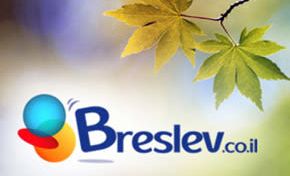
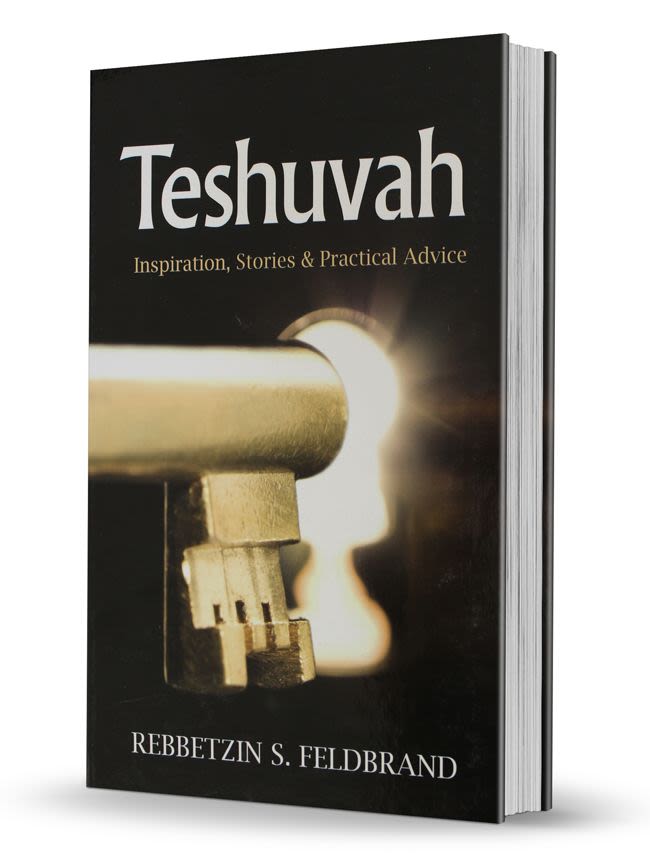
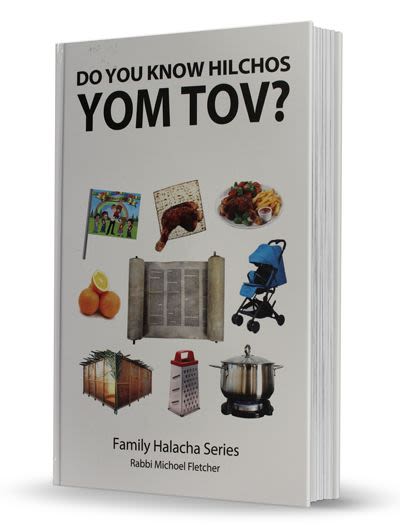
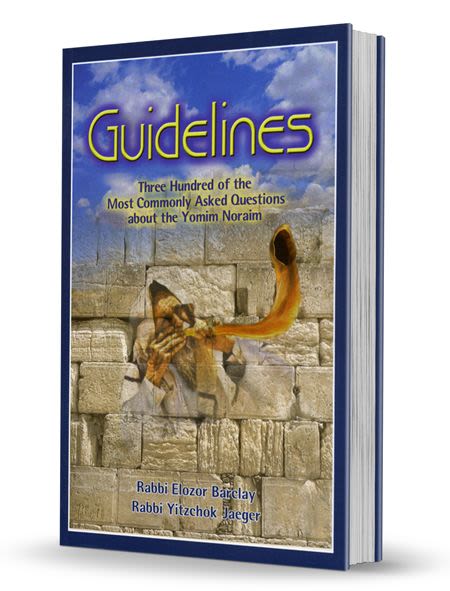
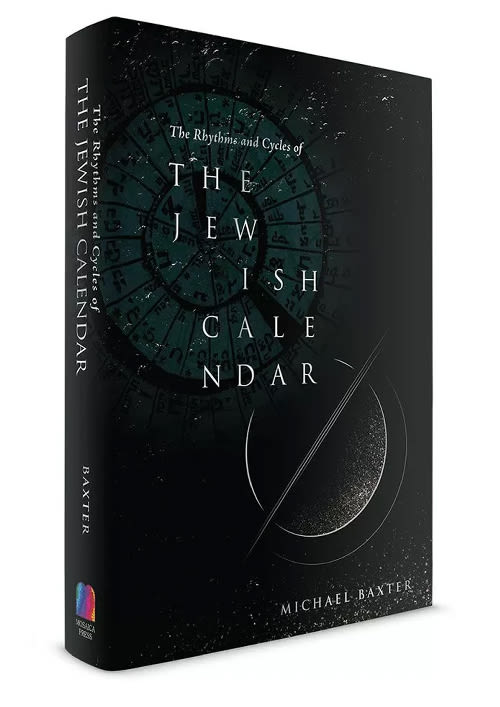
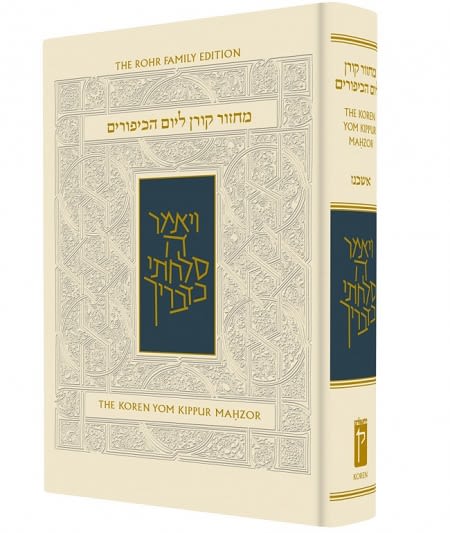
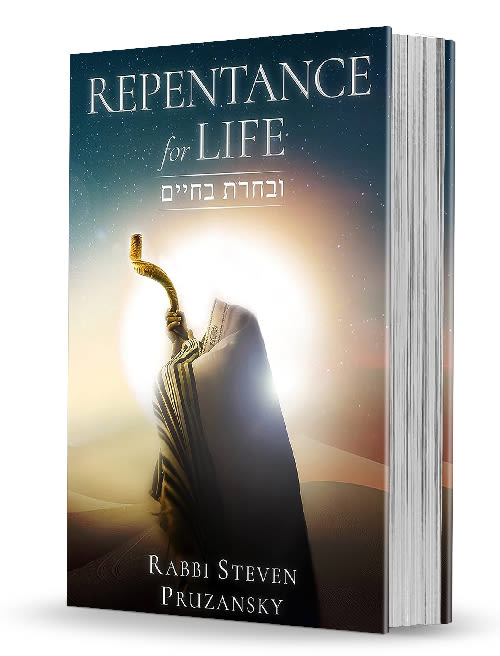
Tell us what you think!
Thank you for your comment!
It will be published after approval by the Editor.